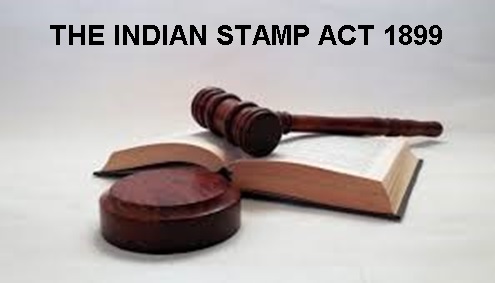The legislation for a provident fund was created in pursuit of the declared objective under Constitution of India that the State shall make effective provision for securing the right to work, education, and public assistance in cases of unemployment, old age, sickness, and disablement and in other cases of undeserved want within the limits of its economic capacity It attempts to provide a dignified life for the employees and their dependents upon cessation of their employment. Accordingly, Employees’ Provident Funds & Miscellaneous Provisions Act, 1952 (EP & MP Act) was enacted. Further, in exercise of the powers conferred by section 5 of the EP & MP Act, the Central Government has framed the Employees’ Provident Funds Scheme, 1952(Scheme).
The EP & MP Act vide Section 17 and Para 27A under EP & MP Act and Scheme respectively, has power to grant exemptions to various companies from compliance of the EP & MP Act and Scheme. However, Para 27 AA state that all exemptions already granted or to be granted hereafter under the aforesaid provisions shall be subject to the terms and conditions as given in the Appendix A of the Scheme.
Para 29 of the Appendix A of the Scheme states that “In case of any change of legal status of the establishment, which has been granted exemption, as a result of merger, demerger, acquisition, sale amalgamation, formation of a subsidiary, whether wholly owned or not, etc., the exemption granted shall stand revoked and the establishment should promptly report the matter to the RPFC concerned for grant of fresh exemption.”
The consequence of non-reporting of change in legal status and failure to obtain fresh exemption is an offence under sub-section (2A) of section 14 of EPF & MP Act 1952. United Spirits Limited (“the Company” of “USL”)) had been enjoying exemption from registering with the Employees’ Provident Fund Organisation (EPFO) as it has constituted an approved Trust of its own to the provident fund of its employees. In 2014, Diageo PLC and its Associated Companies had acquired controlling stake in USL. EPF authorities contended that it has triggered Para 29 of Appendix A and consequently criminal complaint was filed against USL. USL petitioned to Karnataka High Court for getting the criminal complaint quashed.
USL pointed out that in 2014, Diageo PLC acquired the share capital of the Company which was duly disclosed under SEBI (Substantial Acquisition of Shares and Takeovers) Regulations,2011. It is based on this disclosure, EPF Authorities had contended that the establishment, being an exempt undertaking by availing exemption under section 17 (1)(a) of the EPF & MP Act 1952, cannot continue so, without seeking fresh exemption under Para 29 of the Appendix A issued under Para 27 AA of the EPF Scheme 1952.
The question whether acquisition of shares would invite the requirement for obtaining fresh exemption under Para 29 of the Appendix A was considered and answered by the High Court. It was argued that a company being a juristic person will have separate existence than from its shareholders and change in the shareholding will never alter the legal status of the company. The High Court held that the mere change in the shareholding will amount to change in the legal status of the company.
The High Court rejected the contention that the acquisition of 54.78% stake in USL by Diageo PLC and Others has resulted in change in the management of USL and consequently it will lead to change in the legal status of USL. The Hon’ble Karnataka High Court held that the existence of the Company continues. It was held that fact that the Company has even continued to servicing and contributing to EPF Trust for the Employees of Company, post-acquisition too, is proof enough to establish that there is no change in the legal status of the company.
The Hon’ble Karnataka High Court further emphasized on the fact that shareholders have no interest in the property of the company and only possess the right to participate in the profits, if and when the company decided to distribute them. Beyond that, the shareholders do not possess any interest in the property of the Company.
It was held that the Company was neither obligated to surrender and transfer the funds in its EPF Trust to the government nor communicate on such acquisition seeking fresh application for claiming exemption and hence there is no question of violation of the condition under Para 29 of the Appendix A to Para 27AA of the EPF Scheme.
The analysis of this aforesaid case study establishes the concept of artificial personality of a company as a body corporate being a separate legal entity vis-à-vis its shareholders.






